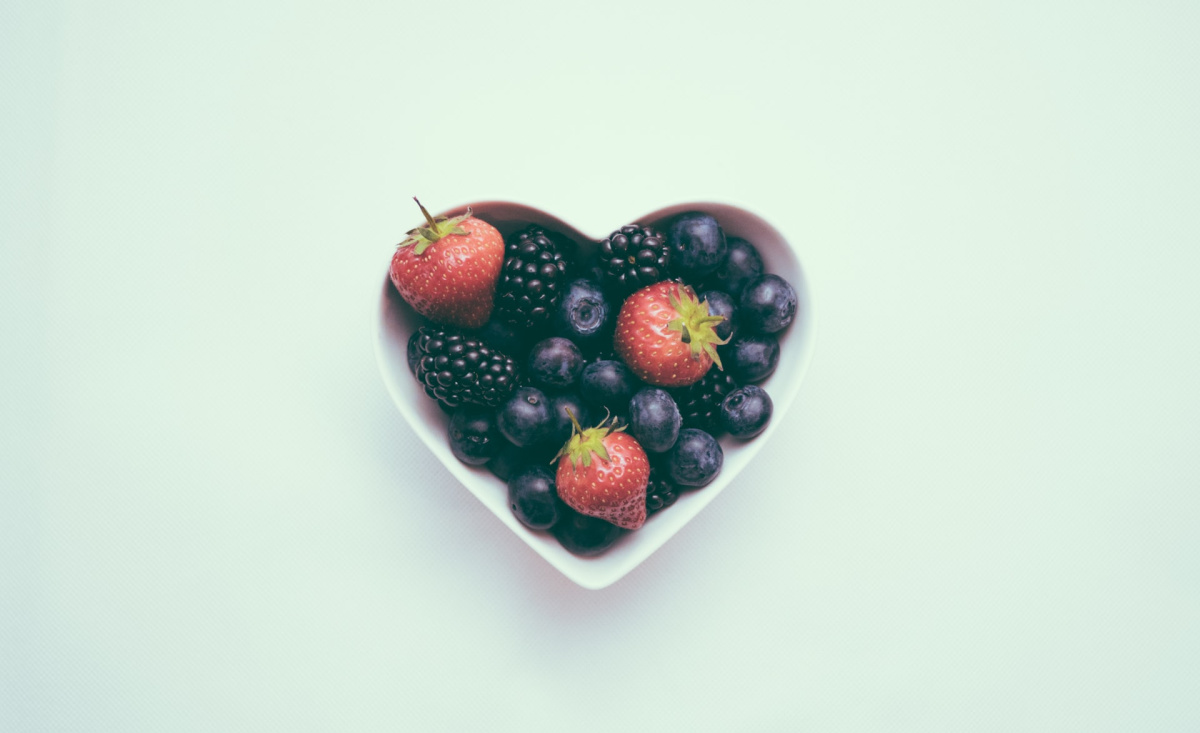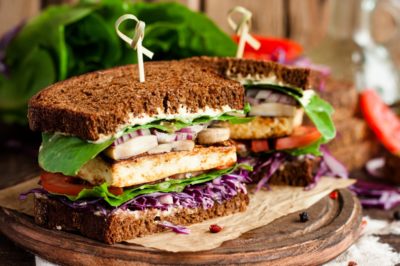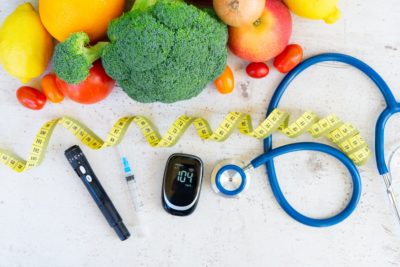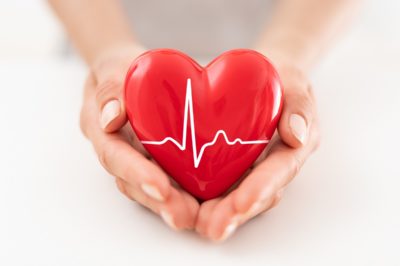Can a vegan diet help with high blood pressure? We explain all below.

Approximately 30 per cent of the UK population have high blood pressure, with diet a key factor. However, many studies show that vegetarians, and vegans in particular, have lower blood pressure than meat-eaters.
what causes high blood pressure?
Often, but not always, high blood pressure is a result of our diet and lifestyle. Eating too much saturated fat – the kind found in meat, cheese and many processed foods – raises the cholesterol in the blood.
If there is too much cholesterol, it builds up inside the walls of our arteries, making them narrower, and raising the pressure of the blood as it flows through them.
Other causes include eating too much salt, not exercising, and smoking.
risks of high blood pressure
High blood pressure puts extra strain on the blood vessels, heart and other organs including the brain, kidneys and eyes.
Persistent high blood pressure can increase the risks of several potentially life-threatening conditions, such as heart disease, heart attacks, strokes, kidney disease and vascular dementia.
What does research say about high blood pressure?
So, can a vegan diet help with high blood pressure? Research consistently shows that a diet free from animal products can be hugely beneficial.
- A 2017 paper examined the evidence for a plant-based diet and hypertension management. It concluded ‘that consuming a diet that is mostly or exclusively plant-based appears prudent for the prevention and treatment of hypertension.’
- The Journal of Clinical Cardiology in March 2018 published the results of a trial in which patients were put on a plant-based diet that excluded all animal products for four weeks. They observed a significant reduction in blood pressure, as well as reduction in cholesterol and other markers of cardiovascular disease.
- In 2014, a meta-analysis published in the Journal of the American Medical Association showed that ‘Consumption of vegetarian diets is associated with lower BP. Such diets could be a useful nonpharmacologic means for reducing BP. (A meta-analysis uses a statistical approach to combine the results from multiple studies.)
- In 2012, a cross-sectional study in Public Health Nutrition compared the blood pressure of non-vegetarians, semi-vegetarians, pescatarians, and vegans. The results showed that vegans had the lowest risk for high blood pressure. It also showed that for each step in diet change, reducing animal products eventually to zero (vegan), resulted in a lower risk for high blood pressure.
not all vegan diets are equal
A 2020 study of 4,680 people across four countries found that healthy vegan diets that were rich in vegetables and whole grains were indeed beneficial for our blood pressure.
However, an unhealthy vegan diet can actually raise our blood pressure. The researchers concluded: “The nutritional quality of consumed plant foods is as important as limiting animal-based components.”
For more vegan nutrition support, check out Dr Greger’s Daily Dozen checklist.




